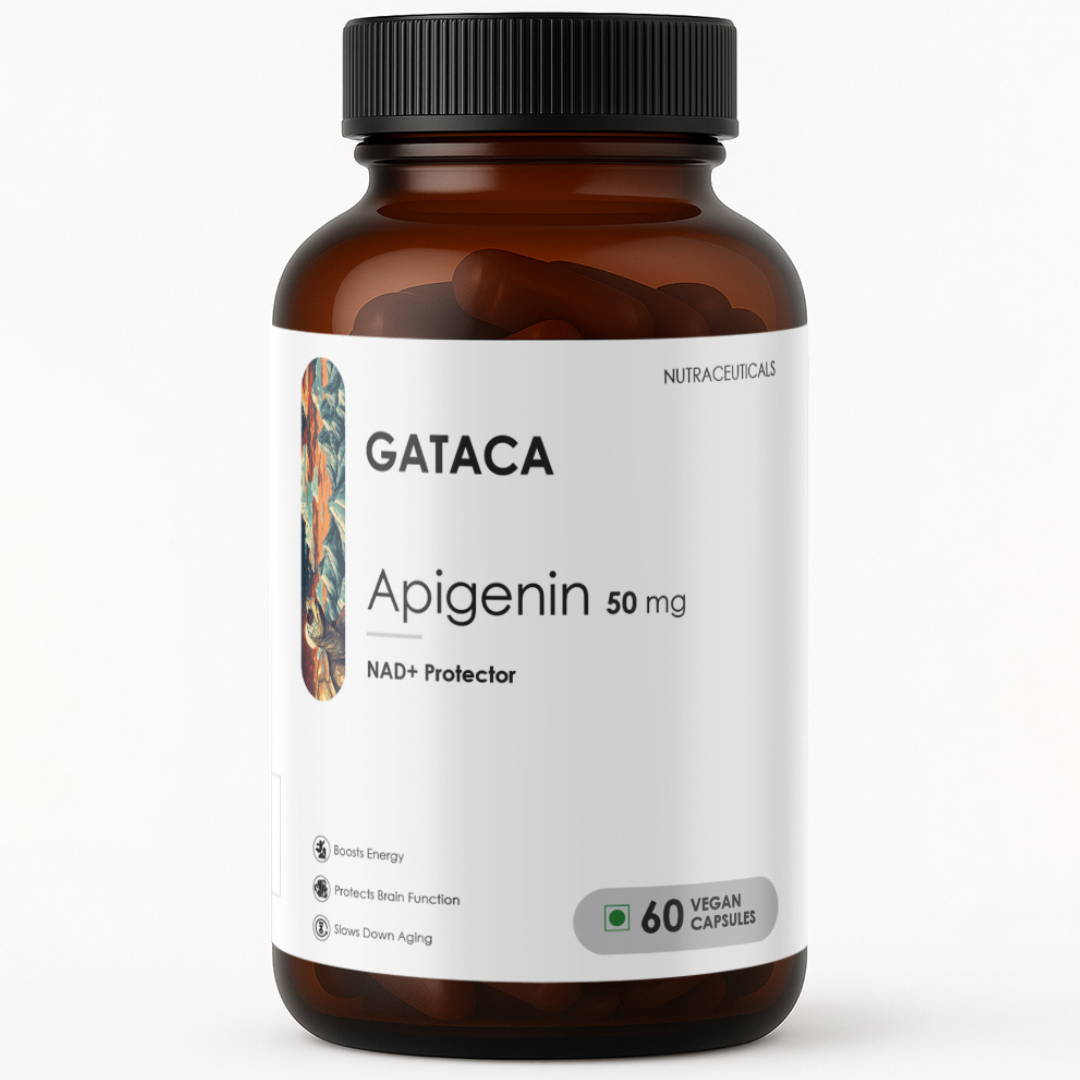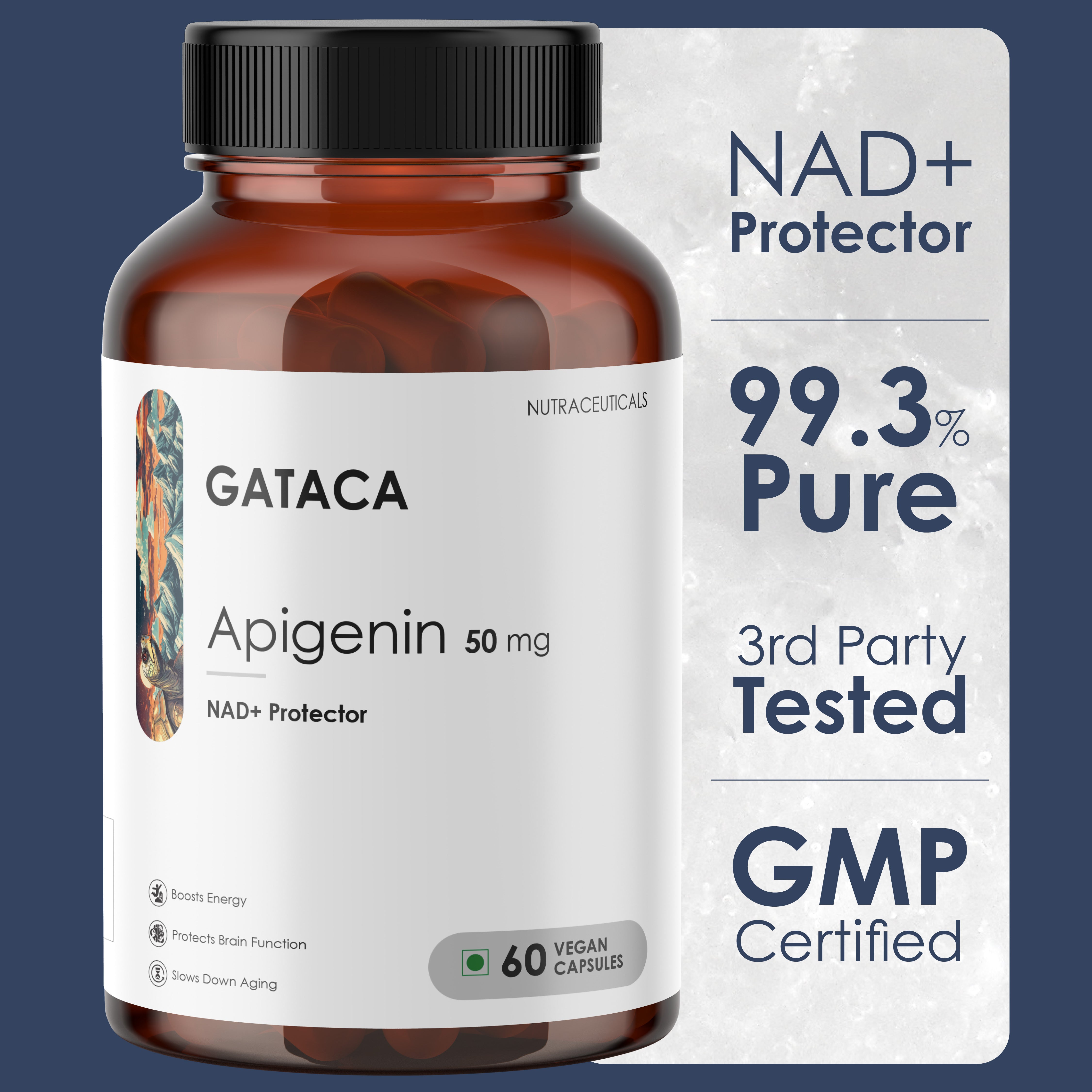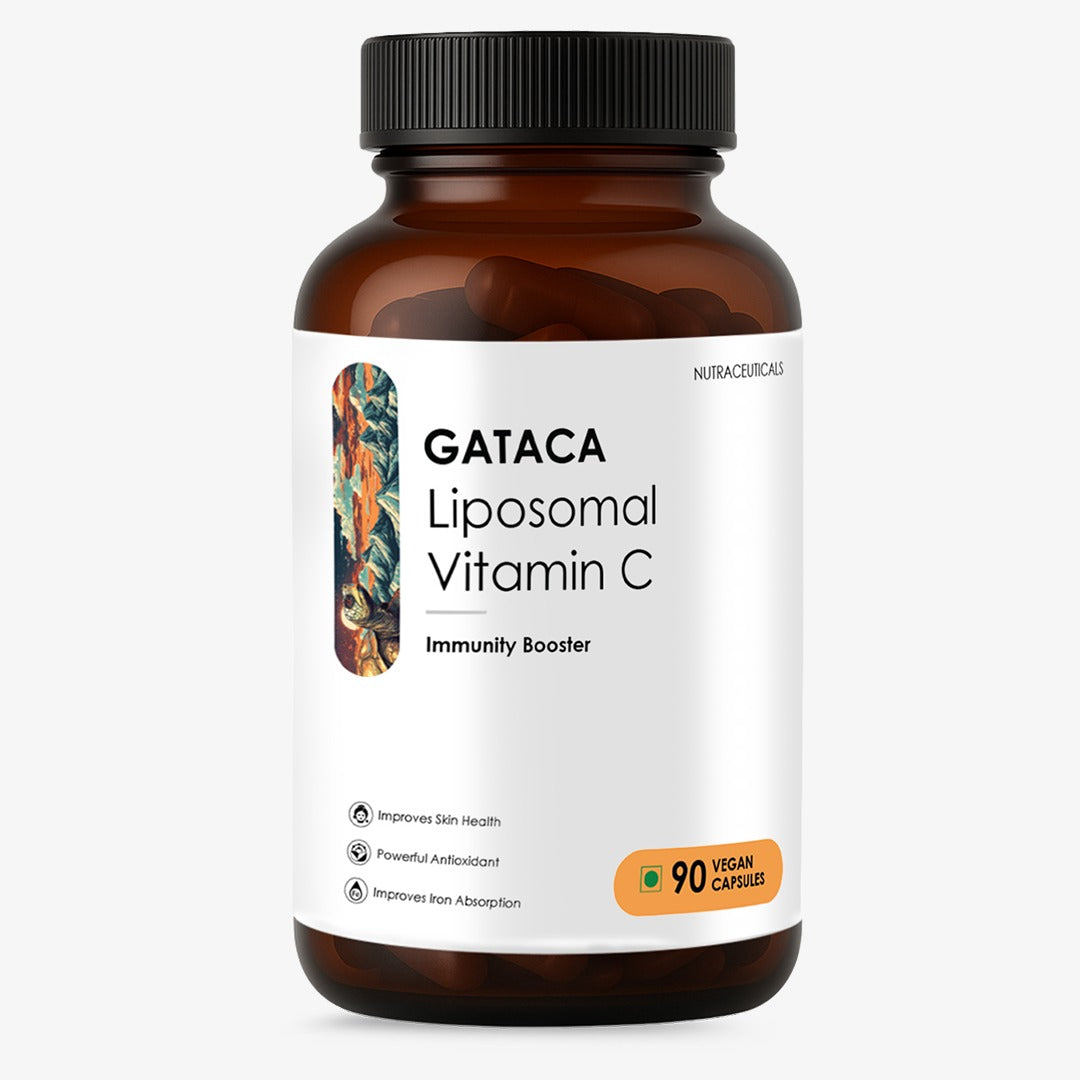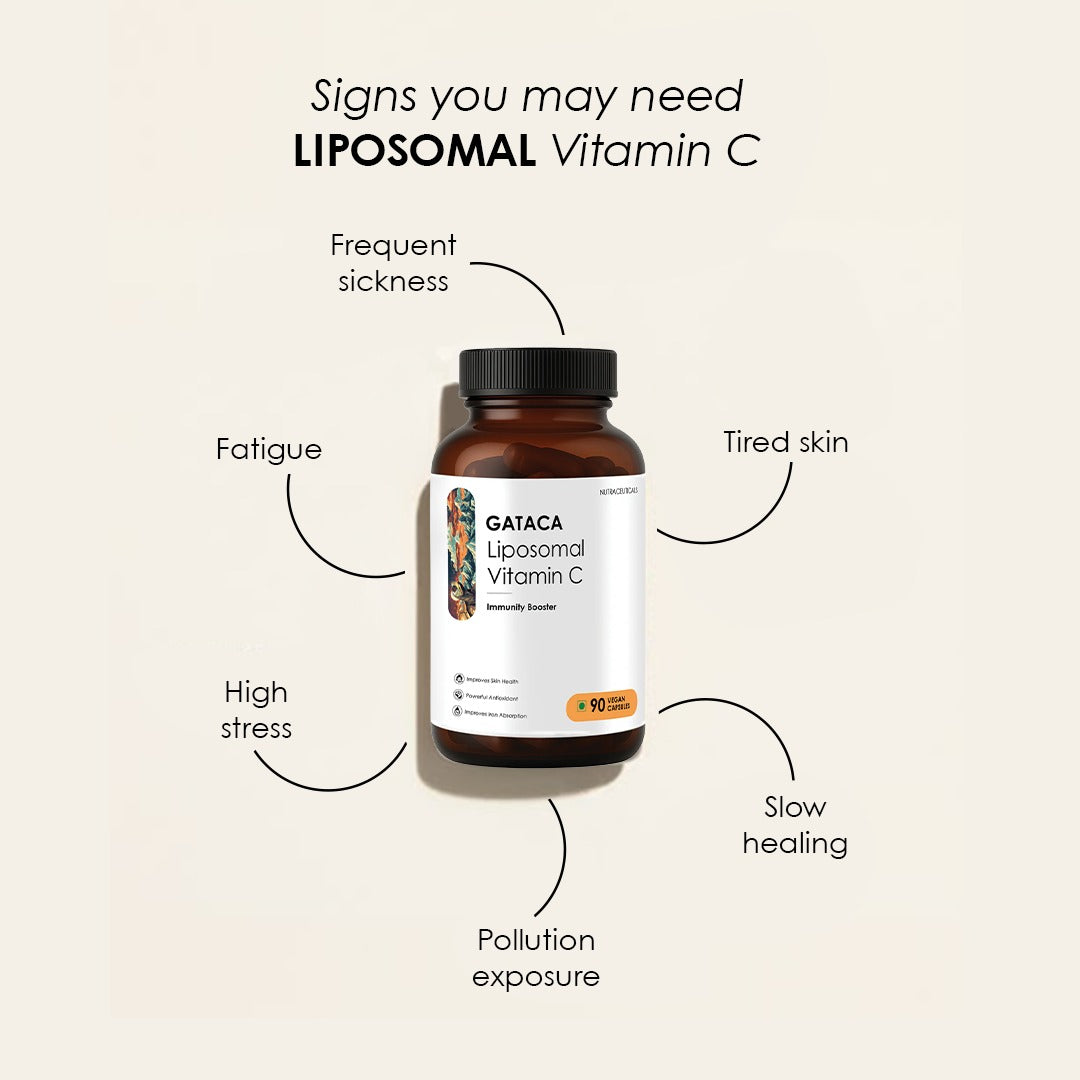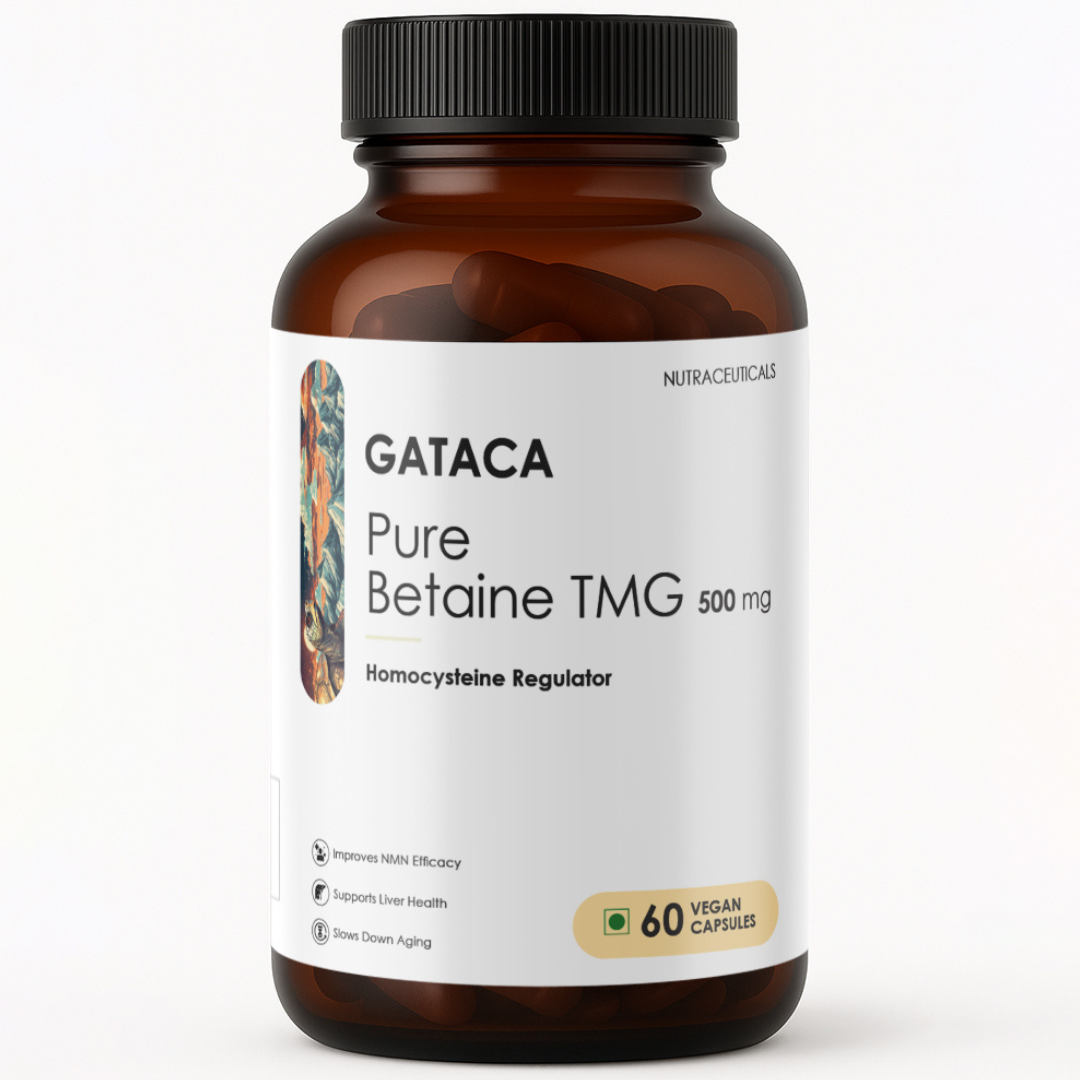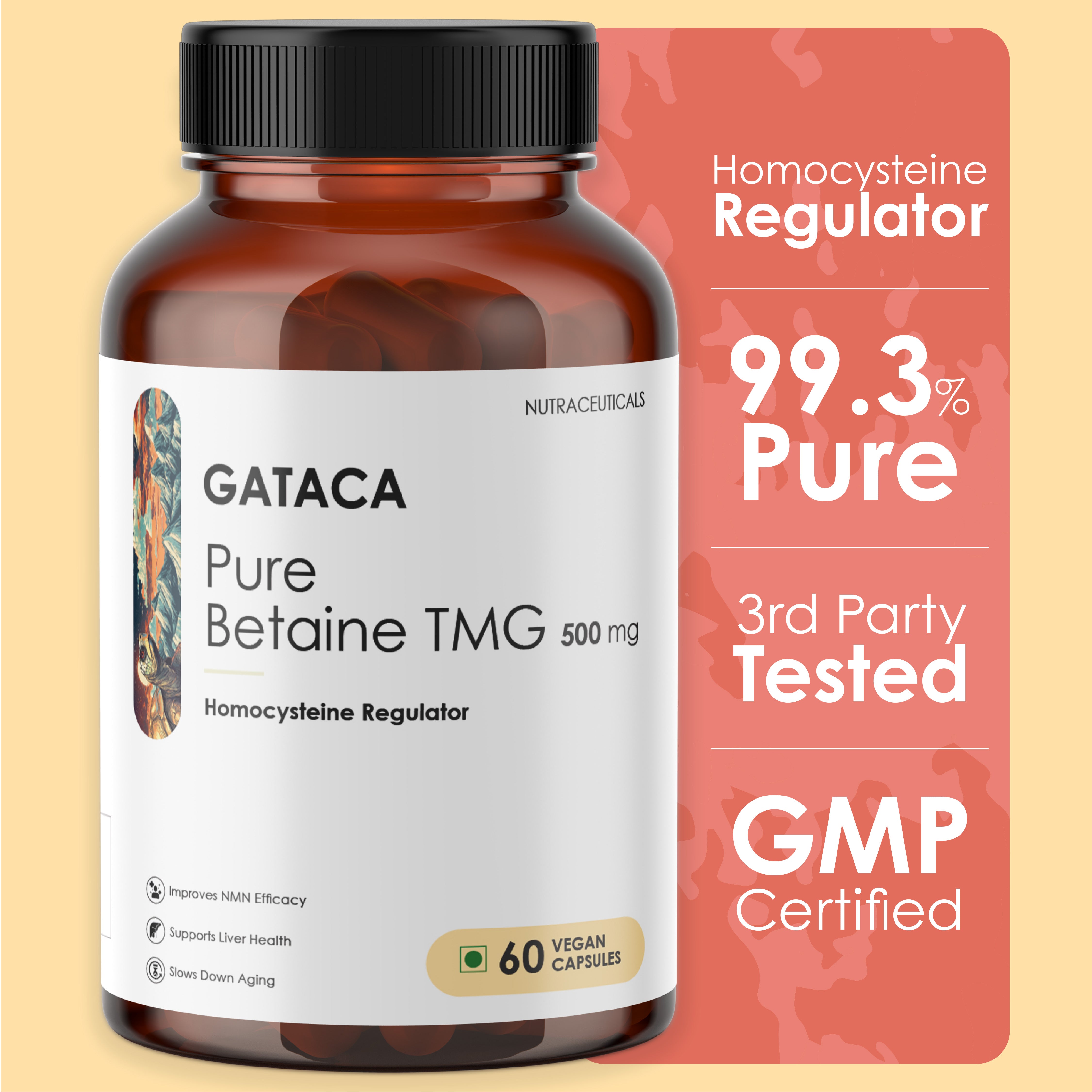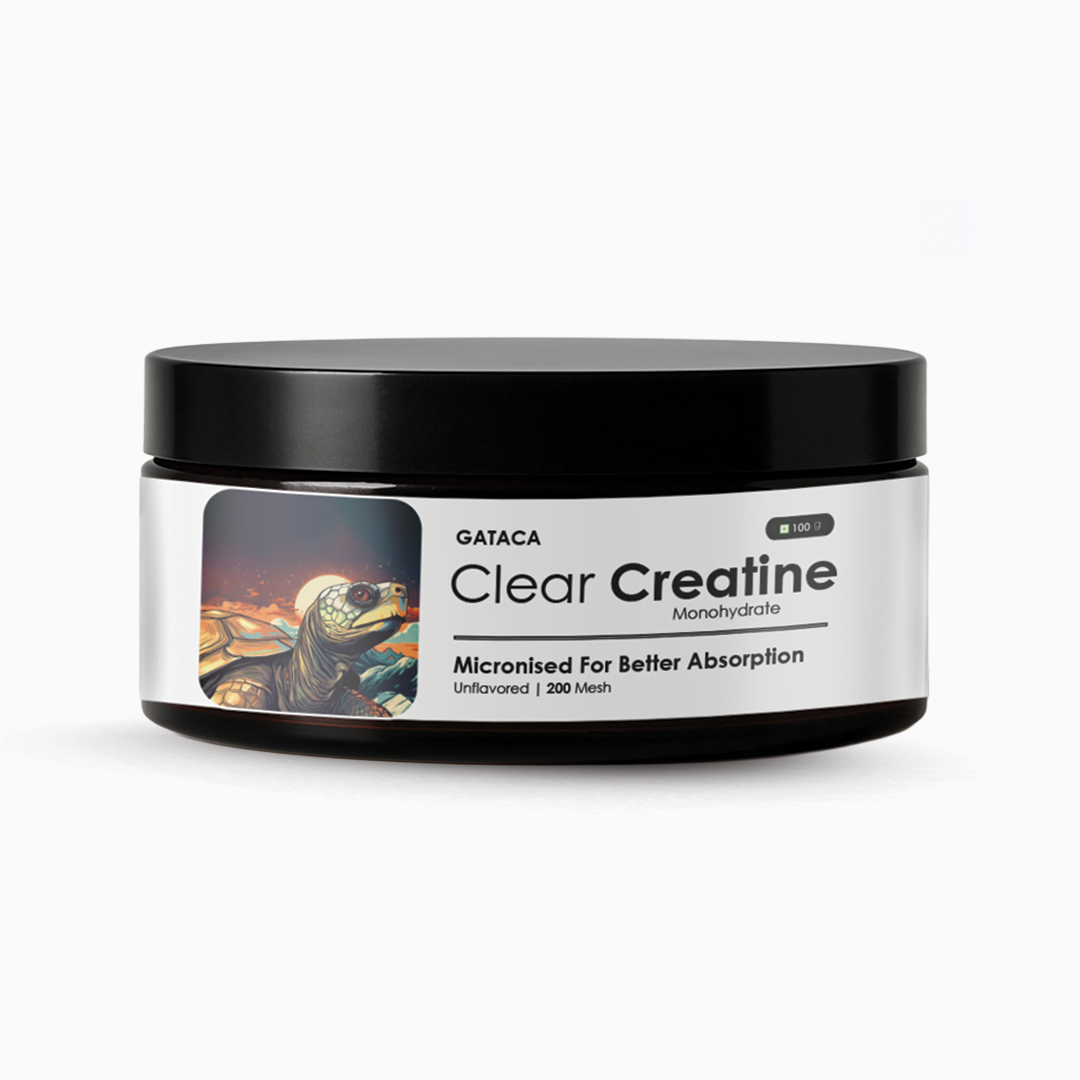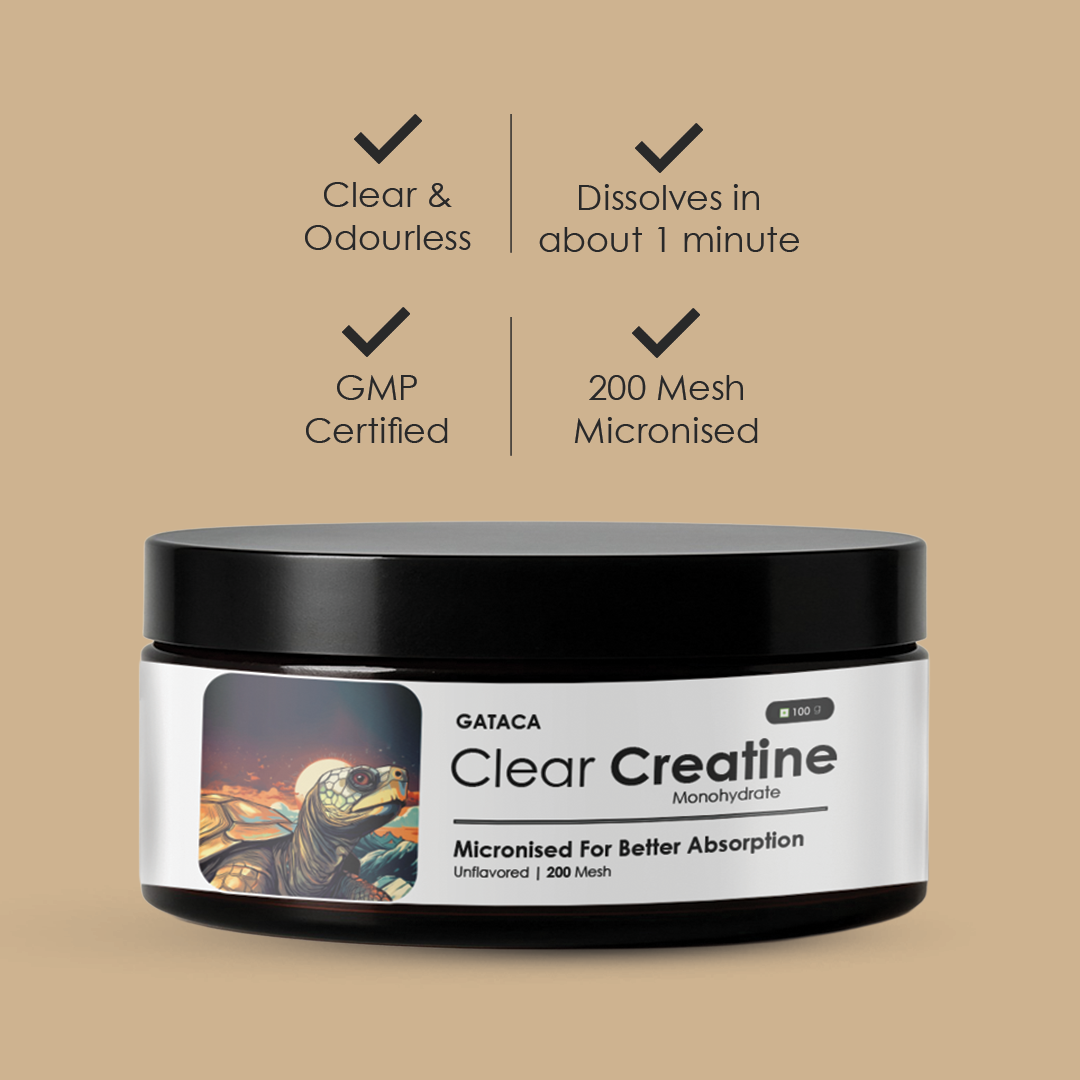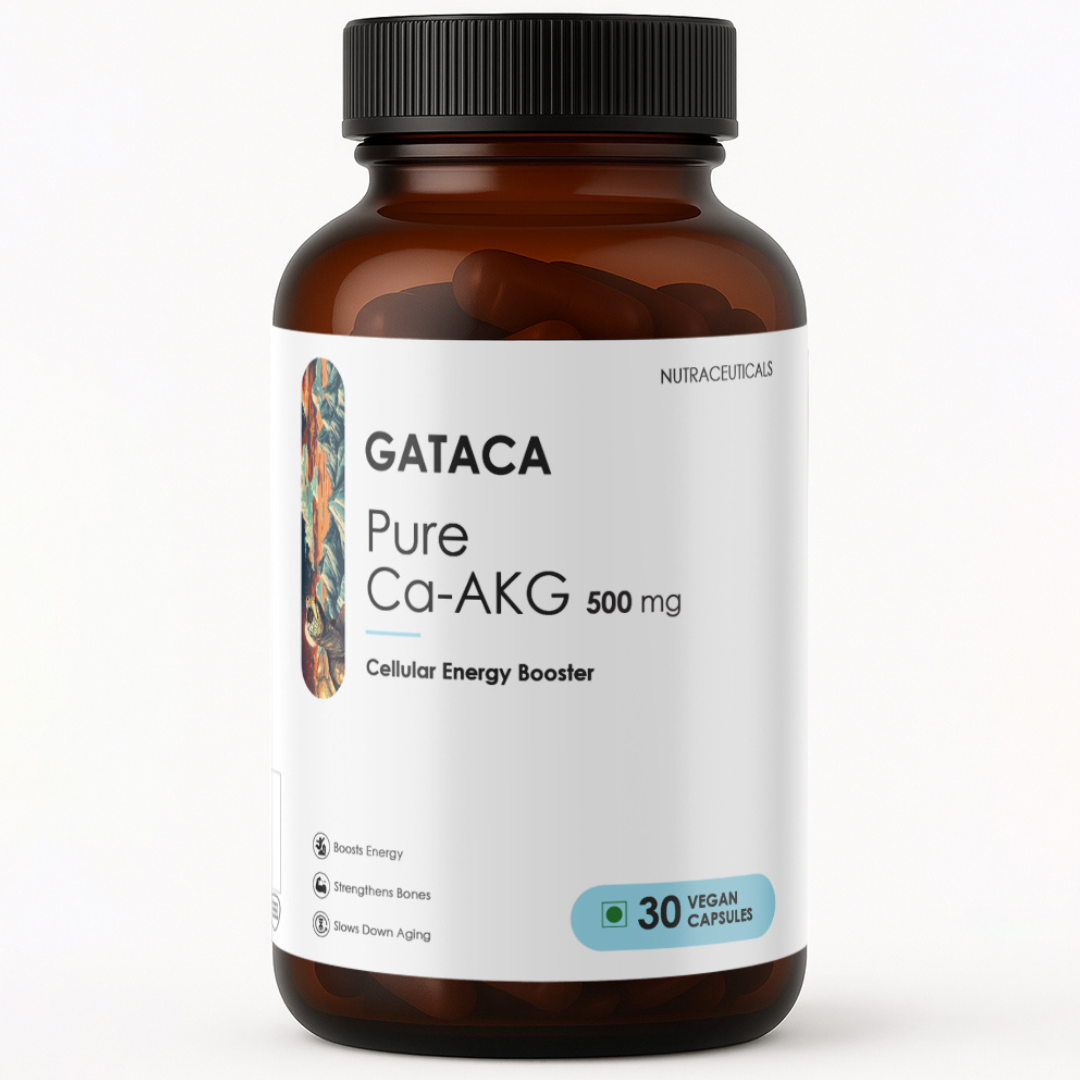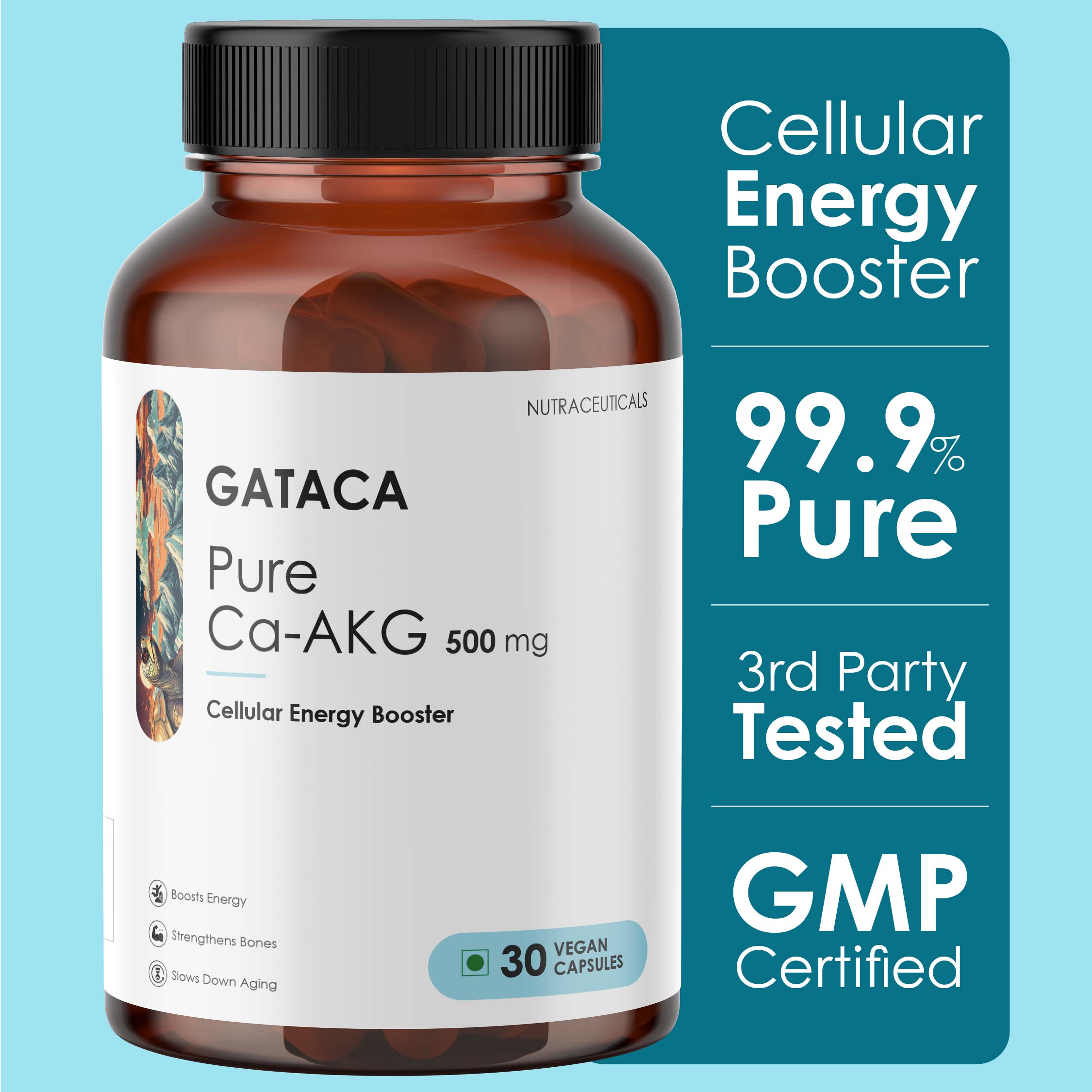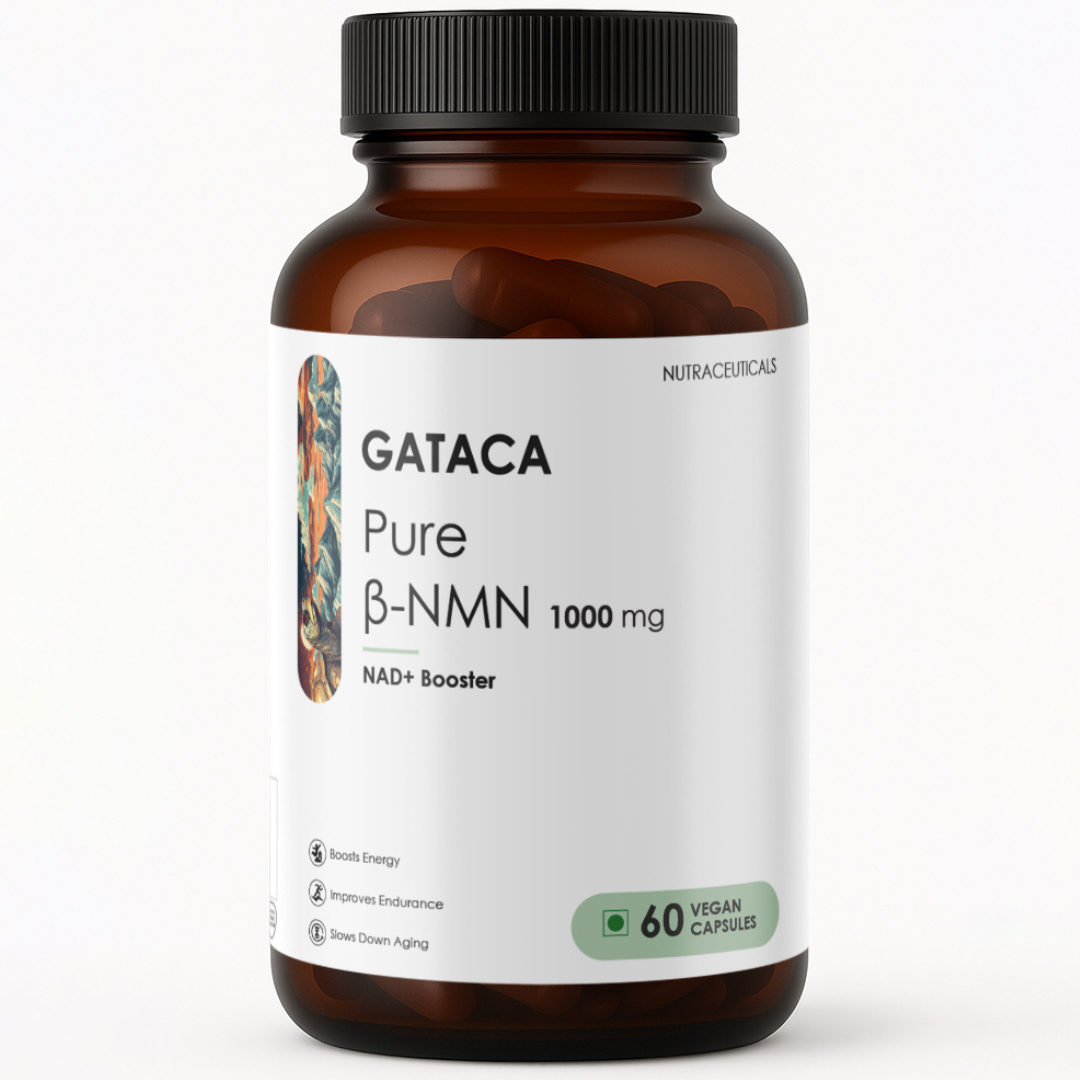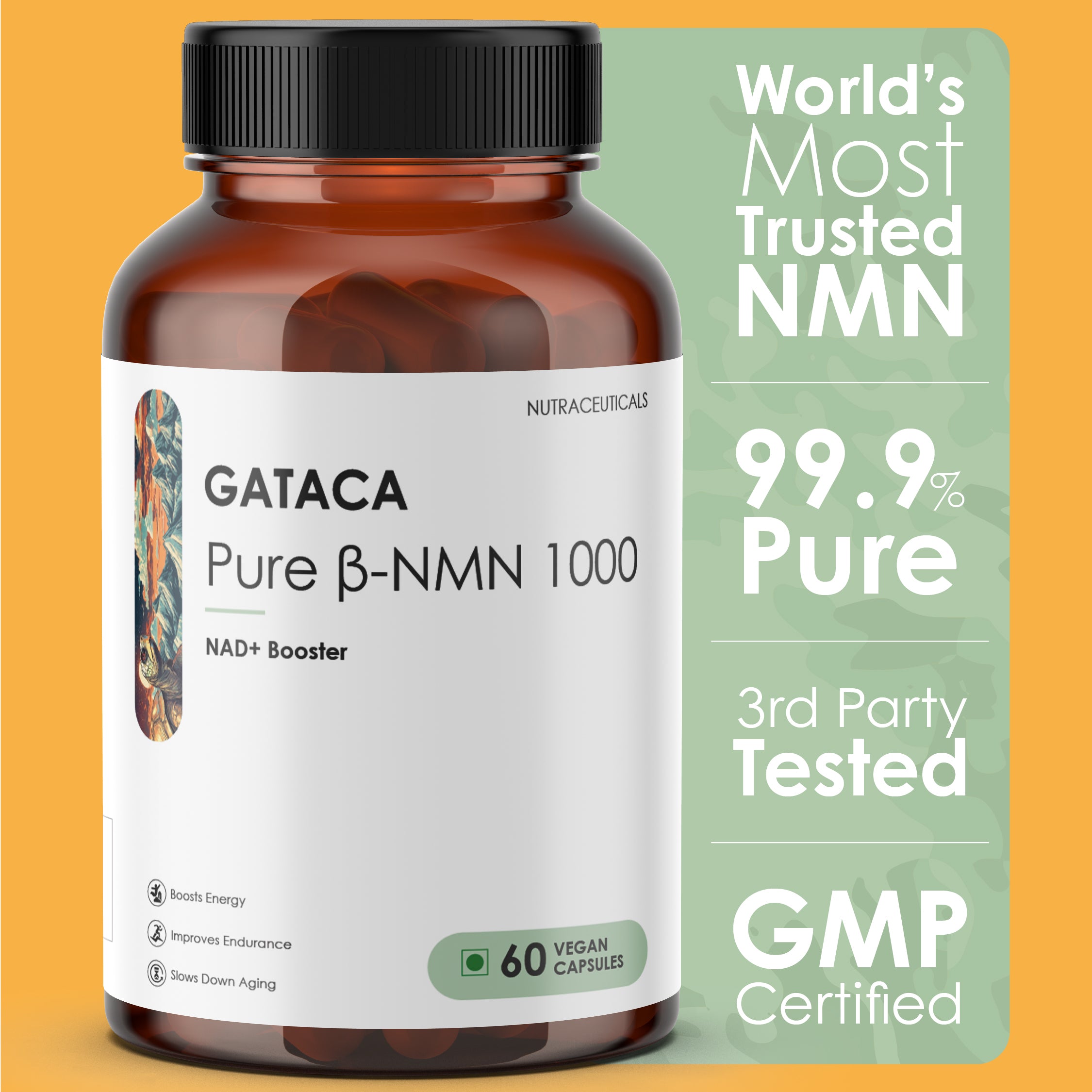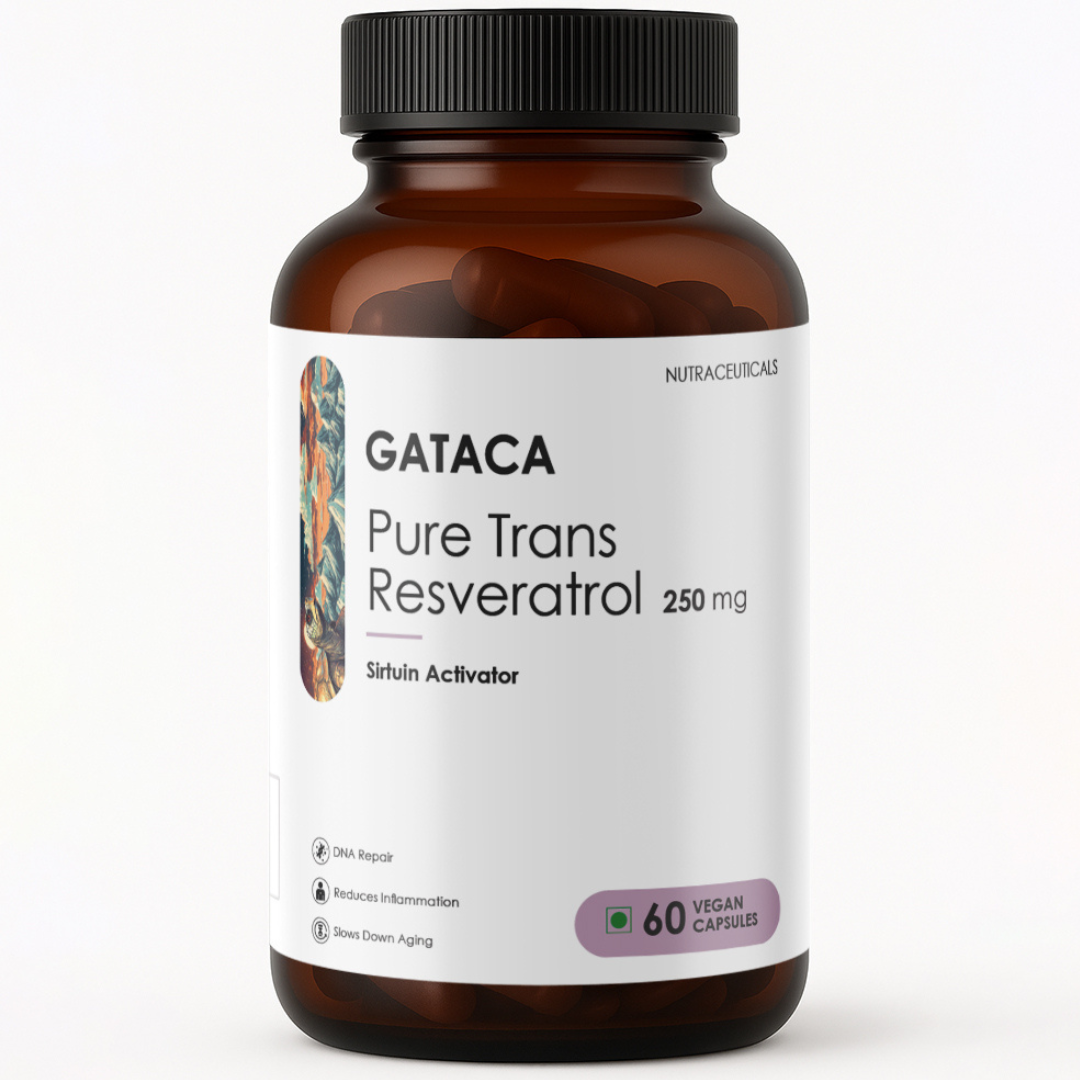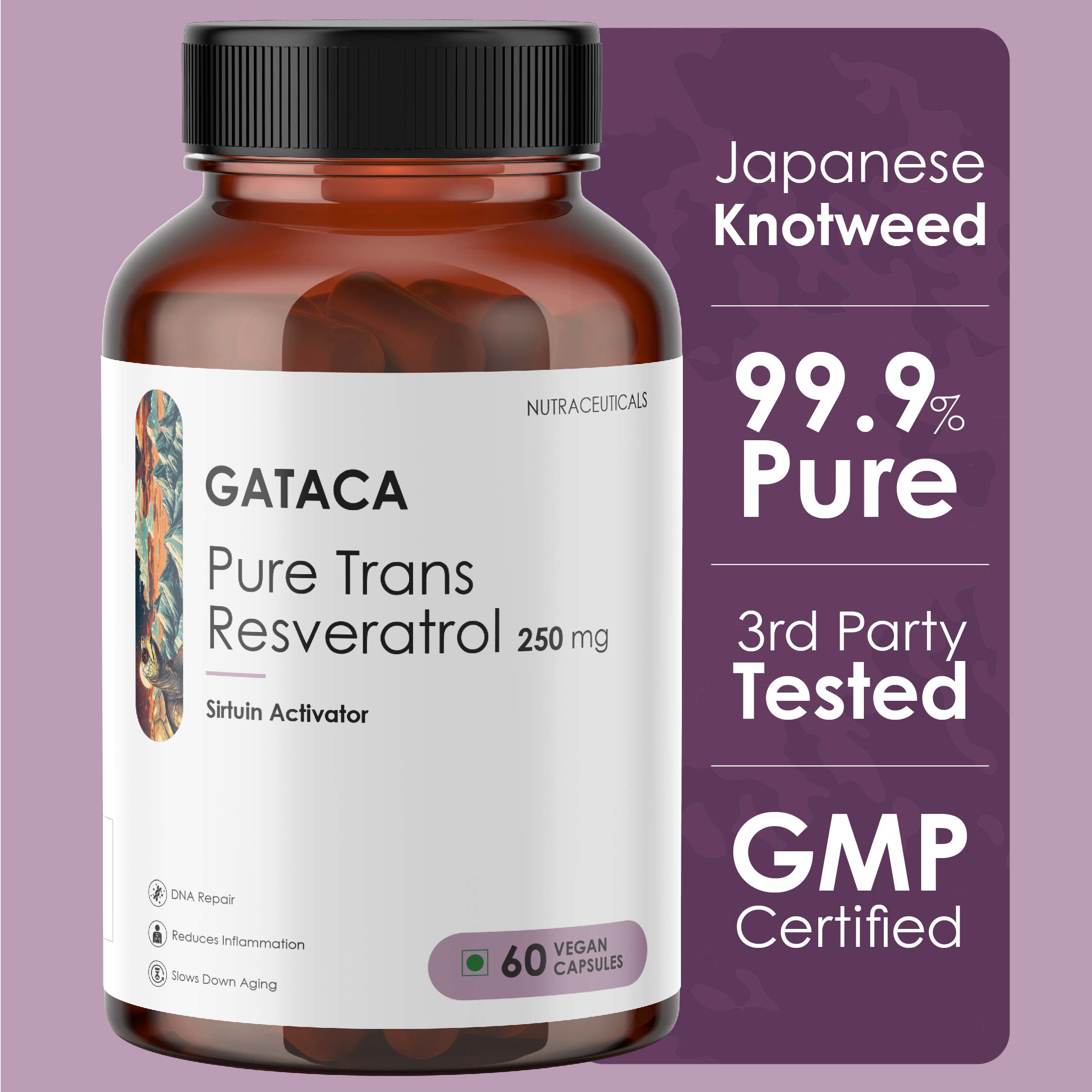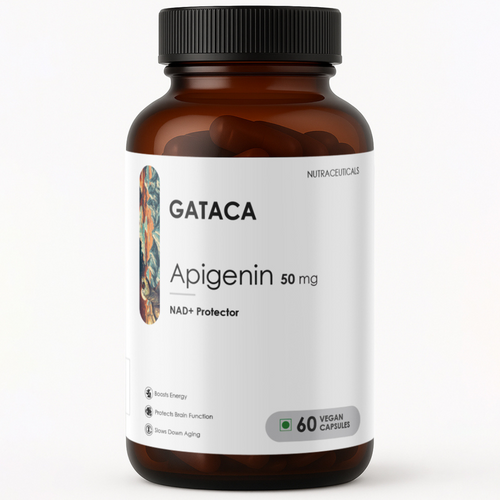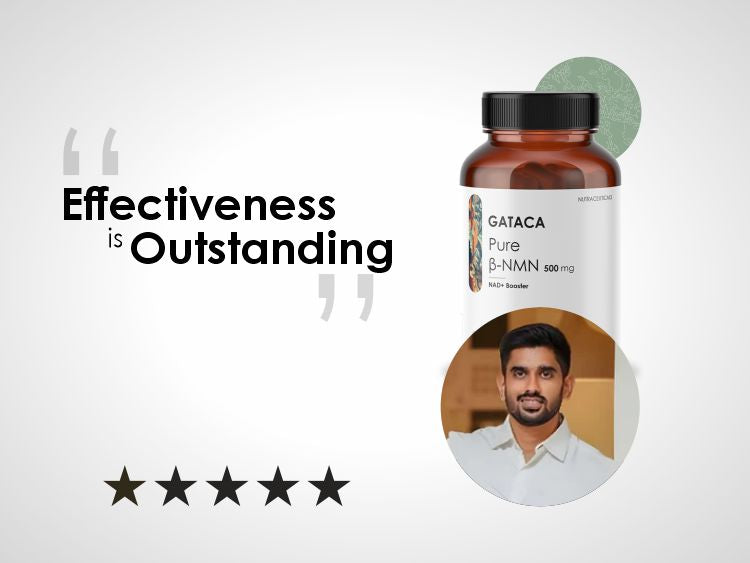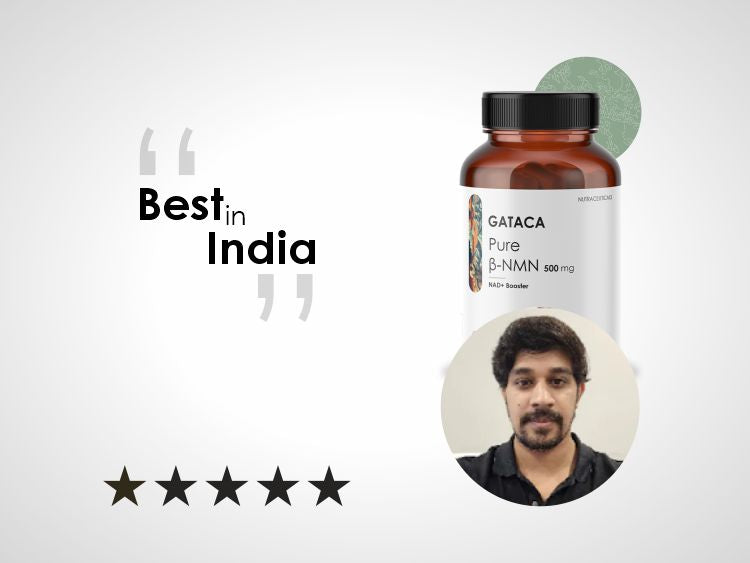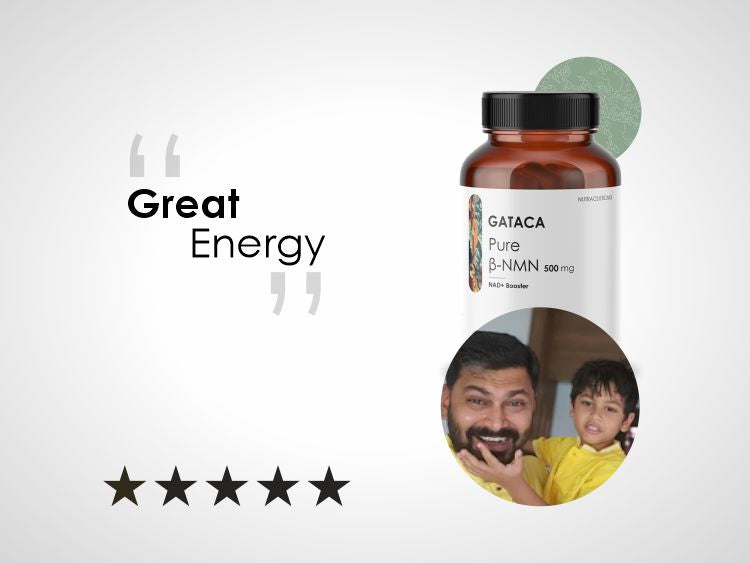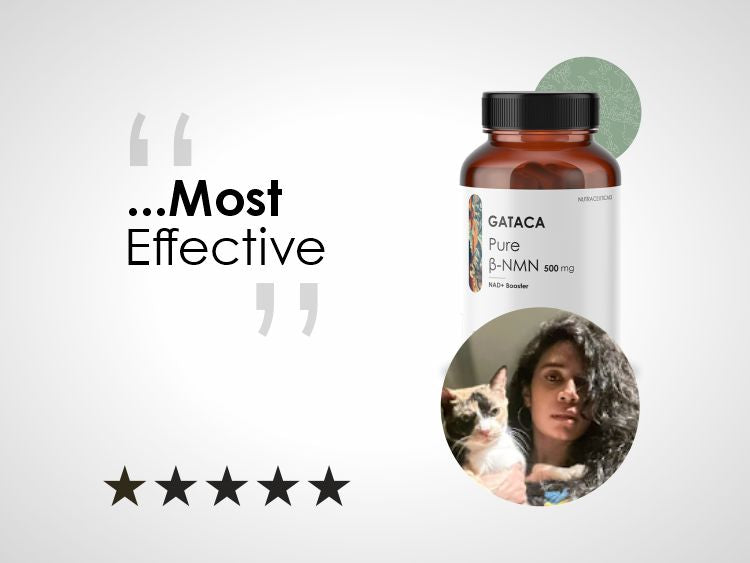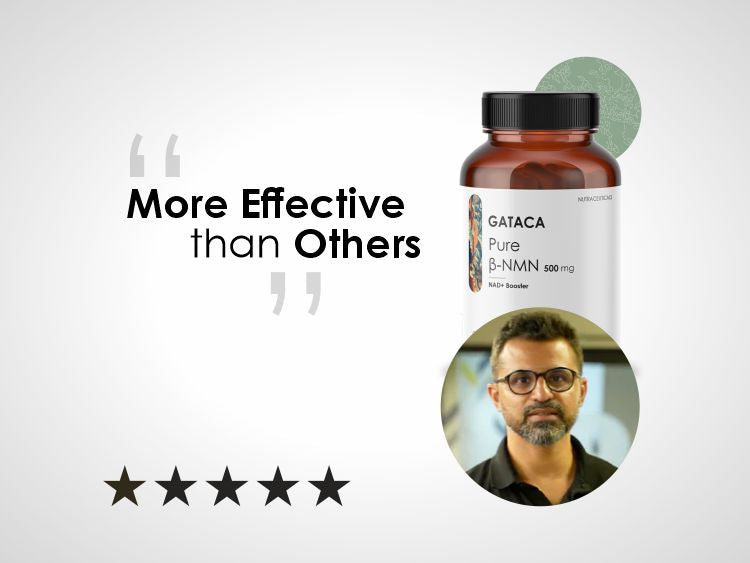Samantha's Supplement Stack
Start Stack
Recommended for the 1st month
Shop By Goal
Supplements to enhance and improve your body and mind to help you pursue your goals






Live Longer Through Peak Performance
Peak Performance matters
Peak Performance matters
Remember that day! You woke up feeling all the energy in the world. You did not
procrastinate. You dominated the tasks you set out to do and finally went to bed feeling you made the world a better place.
We’re being a bit dramatic, but you know what we are talking about.
You performed at your peak! Now imagine a whole week like that, a year or a lifetime
like that day!
Peak performance matters and the only way to achieve this is by driving your body
with the right mix of fuels.
Longevity Matters
Longevity Matters
Most Indians find themselves navigating through hospital corridors in the last decade of their lives, depleting hard-earned savings as their quality of life falls dramatically. We’ve seen this, growing up, our parents looking forlorn while they navigated doctors’ opinions, treatments and hospitals. This “hospital-chasing’ model of health is inescapable across the globe.
But it doesn’t have to be this way!
By taking care of your health now, you can live & live well into your 80s & 90s!
Longevity isn't just about adding years to your life—it's about enhancing the quality of those years.
Performance For Longevity
Performance For Longevity
It all starts with a decision to live healthier. Think of your body as a car—your car! You add premium fuel to get around, keep it clean, and never miss service and maintenance dates.
But do you treat your body the same way? You wouldn’t add
kerosene-laced fuel to your car, but you consume unhealthy foods. You clean
your car daily but neglect the inner workings of your body. You never skip a service appointment, but do you have a yearly schedule for preventive health
check-ups?
Just like your car, your body can be tuned for peak performance, to give you the
best mileage, (yearage?)…
longevity!
Performance & Longevity Academy
All About Vitamin B12- Your Questions Answered
IntroductionVitamin B12, also called methylcobalamin is derived from cyanocobalamin - which is what is mostly found in fortified foods or supplements. But, Vitamin B12 in general is a water soluble protein, as we all know and it has plenty of functions to fulfil in the body. Some of the most crucial functions are to ensure that normal red blood cells are produced in the bone marrow, to help neurons function well and in DNA synthesis itself. Vitamin B12 is also a part of many enzymatic complexes, to protect eyes from degenerative disease and is very much necessary for energy production. It is the last quirk that determines when this supplement should be taken in a day. Let us look at the 5 major concerns regarding regular supplementation with Vitamin B12, below-Concern No. 1- How to take Vitamin B12 for best absorption? You should ideally be getting Vitamin B12 from food sources, but if you have been asked to supplement, then try doing so first thing in the morning, with just water. This way, there is better absorption and you will also notice an uptick in your energy levels after a few days. Concern No. 2- Is it better to take B12 with or without food? If you are worried about timing your supplements right, then you can try eating them 30 minutes to an hour BEFORE a meal, or at least a couple hours AFTER one. But, like we said, on an empty stomach is cool too. Concern No. 3- Should B12 tablets be taken daily or weekly? Tablets can be taken everyday and the dosages normally available include 500 mcg to 1000 mcg- and you may be asked to take them twice a day. Tablets are normally NOT recommended on a weekly basis. Instead, you may be given a B12 injection or shot- to help raise levels, if you are very deficient or are highly symptomatic. Concern No. 4- How long does it take for B12 tablets to work? This mainly depends on what levels you were at, before starting with supplements. If your B12 levels were very low, then you could take longer to see results, but in general, it takes about 2 weeks or slightly longer for you to see any major improvement. If you take tablets after an injection, it is much quicker. Concern No. 5- B12 tablets for vegans and vegetarians- Vitamin B212 is abundantly found in animal based foods like meat, shellfish, fish, daily products, nutritional yeast etc.. and is rarely found in plant based foods. So, you may be deficient, especially if you are vegan or vegetarian in a few cases. Some foods are fortified- like cereals or plant milks, but not so often here in India. You can hence supplement with Vitamin B12 after you talk to a doctor. Conclusion Vitamin B1 is very important for multiple bodily processes to occur seamlessly- like blood cell formation, prevention of anemia, for producing energy in a consistent manner, for good neuronal and brain health, for the eyes and for various other enzymes to work normally. Vitamin B12 is also good for your skin by helping it retain moisture. Most importantly, it helps in DNA synthesis, in protein metabolism and breakdown of fatty acids. If you face issues like muscle weakness, numbness, a tingly feeling in the limbs, have heart issues, unexplained weight loss and related symptoms, then you should talk to a doctor and see if you have some deficiency that needs to be dealt with, ASAP! FAQs1. What is the best time of day to take B12 tablets—morning or night?Taking Vitamin B12 in the morning is your best shot at getting all the goodness for the day and to keep you going. This is because it is necessary for energy production in the body. Plus, having it with water on an empty stomach is best to kickstart absorption. 2. Can I take B12 tablets along with other vitamins and supplements?Don’t take Vitamin B12 with Vitamin C- which is another water soluble vitamin. They can compete with each other. Instead, take some VItamin C after a couple hours, to get the maximum results from both. 3. Does taking B12 at night affect sleep or energy levels?Taking B12 at night may disrupt melatonin levels- leaving you feeling restless and not being able to sleep properly. So, take the capsule in the morning. 4. Are there specific conditions where B12 intake should be adjusted?Yes, B12 is found in foods of animal origin- so if you are vegan or vegetarian- you could be deficient. If you have had gastric bypass surgery or have a chronic gut condition like Crohn’s, IBS, etc. absorption may be affected- leading to low reserves of Vitamin B12 in the body. Also, having pernicious anemia can mean that your stomach won’t be able to produce the required intrinsic factor that will help with B12 absorption in the gut. 5. Is it safe to take B12 supplements long-term?Vitamin B12 is water soluble, which means it is not stored in the body and is excreted via urine with ease. This is why reserves need to be replenished continuously. But, if you keep supplementing with B12 alone, you may get deficient with the other vitamins in the B group. Instead, taking a B-complex - which contains all B group vitamins is a better option.
Learn moreTop 5 Supplements for Brain Health and Longevity
Introduction There are plenty of supplements that promise everything- from improving vitality to making you look youthful. It is however a basic concept that eating well and drinking lots of water will help way more than popping just these supplements alone. The brain needs a lot of good quality nutrition and energy to perform at its peak. Since these cells work always - even during sleep, they produce a lot of metabolic waste and other byproducts which can be damaging in some aspects. These cells are particularly more susceptible to oxidative damage. So, nutrients or compounds that can decrease the rate of oxidative damage and improve circulation to the blood are the best ones for your consideration. What Supplements Help Maintain Brain Health As You Age With a greater incidence in the occurrence of chronic illnesses like diabetes, hypertension, neurodegenerative disease and poor lifestyle choices, circulation to the brain gets affected- which means that the brain won’t get as many nutrients as needed. So, one approach that scientists are researching on extensively is how to improve circulation and also provide enough nutrition, so both goals are achieved in one go. The main issue with drugs and supplements is that they need to cross the blood brain barrier- a thick layer of cells and vasculature that function like the gatekeepers of the brain. They allow only certain small sized molecules to enter and exit the brain. This is also why it is important to choose the right kinds of supplements, as all molecules cannot gain entry into the brain. That said, the ones that do work well have been covered below- Vitamins D, C and E- They show potent antioxidant activity. Studies have shown that people with depression, dementia etc. have low levels of Vitamin D, though the clear link between these 2 factors has still not been established yet. Vitamins C and E help reduce oxidative damage to cells in the brain. The B group of vitamins is also very essential for good cellular function and red blood cell health. Good quality blood cells means they have the capacity to bind to oxygen and nutrients better, which is how the brain will get the resources to work well. Choline especially, which is Vitamin B4 is good for blood circulation and improves cognition and memory, according to few studies. Zinc is an important mineral, like selenium and magnesium for brain health. But research is a little fragmented- supplementing with zinc helps improve spatial memory, attention span and thinking in kids, but not as much in adults. Apigenin, resveratrol and trimethylglycine (TMG) are supplements that reduce inflammation and promote better cellular function. They also help reduce brain fog related symptoms, helping you perform better at work. They also help promote better sleep quality, reduce stress and help you feel better overall. Trans-resveratrol is the more active form of resveratrol that can enter cells better and work its magic and studies have shown that it is super helpful for menopausal women. Omega-3 fatty acids help fight against dementia- and studies have shown that people with Alzheimer’s disease benefit the most with supplementation. You can also get them from your diet, but you need to consume good quality fats like fish, soybeans, edamame and nuts. These are all natural supplements for brain longevity and mental clarity. Nootropics are brain friendly compounds that are synthesised chemically, or can be derived from natural sources. The most effective nootropics for brain health and longevity which are well known include caffeine, adderall, ritalin, choline, amino acids like tyrosine and L-theanine and ginseng respectively. They have been used for many decades by health enthusiasts, while some of them are prescription meds. Conclusion Nootropics and brain supplements are good for people who want to sleep better, think better and improve their daily quality of life. The dosage of all of thes ec compounds has been studied, but not as extensively. Safe doses have however been ascertained and they are present as easy to consume capsules or gummies. It is always a good idea for you to first try the lowest dosage if possible- just to see how you react to it. Some of them are addictive too, so you may need to stop them and then start taking them again after a break. Nootropics are a sensible choice if you are above your 30s and find that life is hectic and becoming more and more unmanageable. Remember this though- all nootropics are not equal and you need to think long and hard before you start taking them. FAQs 1. What are the top supplements recommended for enhancing brain health? Supplements that prevent cell death due to oxidation, or reduce the activation of such pathways, molecules or compounds that are found in the cellular membranes of cells in the brain and vitamins or mineral supplements are good choices. Fish oil, Vitamins B9, B12, B6, zinc, magnesium, choline, serine, resveratrol, TMG and apigenin are all well known supplements in this regard. 2. Are there specific supplements that are particularly effective for older adults? Older adults need a lot of Vitamin D, A, B group, E and omega-3 fatty acids. These help cells perform better and reduce oxidative damage. Magnesium and creatine are also good for better energy and mood enhancement. 3. How often should I take supplements for brain health? Most of these supplements have to be taken everyday. You can choose when to take them or talk to your doctor about it. 4. Are there any potential side effects of taking brain health supplements? Some people may be allergic to the ingredient or active compound in the supplement and develop issues like hives, rapid heart beat, breathing issues and skin rashes, diarrhoea etc. among other conditions. The right dosage also matters. 5. How long does it take to see the effects of brain health supplements? Doctors will tell you that there is no quick fix with supplements. You need to eat well and take these pills or capsules for at least 3 months, to be able to notice any positive change in your day or routine. It may take longer if you are already deficient in a few of these vitamins or minerals.
Learn moreWhat Is The Importance Of A Balanced Diet For The Body?
Introduction The basic definition of a ‘balanced diet’ is pretty well known- the dietary choices you make on a daily basis need to nourish your body and mind. So, nourishment essentially means eating good quality food that will help your body and mind grow well. But how many of us actually care enough to think twice about what we put into our bodies? We come up with different excuses- one more creative than the last one- busy day, need a good drama to watch or I can’t eat, I have no time to eat a meal and the most ridiculous one yet- all food options seem too healthy. Diet culture now is so bad that eating a properly planned meal means you are ‘dieting’, while eating tasty junk is the new normal! Why Is A Balanced Diet Important For Health? This question is literally a no-brainer, in our opinion. Good food means more nutrients, which translates to your cells and bodily functions working well. Now, what’s not to like about the whole process? Except, nutritious food is not that easy to come by these days. It is like the popular saying ‘Eat anything that comes from a plant, not something that is MADE at a plant’. As for answering the no-brainer- it is simple. Your body needs a variety of nutrients for it to function well- vitamins, minerals, energy resources in the form of carbohydrates and fats, protein to help with healing and regeneration and fiber, along with water to make everything move smoothly within the gut. We have hundreds of cell types- each performing highly specialised functions, which means their nutritional needs are also going to be very specific. But, generally speaking, they get all they need from the food we eat- and that is only if we consume a large variety of foods, often. Eating a varied, well planned diet has a number of advantages, some of which have been listed below- To combat brittleness in bones and to make them strong, yet flexible. To help improve your ability to stay infection free To help your brain perform well- and it does a lot everyday! To prevent brain fog, fatigue and general meh-ness, you need to eat everyday. That is how a balanced diet improves mental health in the long run. To help your heart beat well and regularly- and to ensure that blood supply is good in the body. To ensure that your bone marrow has enough resources to make blood- which is a life giving fluid. To help your skin stay elastic and maintain its barrier function exceptionally, while looking plump and dewy. To help your cells get energy from the food you eat, and to help the gut derive proper nutrition by absorption. To allow your body time and space to heal from wounds or any other inflammatory situations, provided they are not very chronic in nature. For your joints to move well and to stay lubricated and strong For men and women- fertility and wellness is a big priority and good food can help you achieve serious health goals. Food is good for your lungs- as they keep working from the day you are born till you die. Don’t you want to keep them functioning well enough always? Your liver is the major organ tasked with detoxification and breaking down of a lot of components in the body- some harmful but most benign. Since it is a stressful job, providing good resources from healthy food can help your cells regenerate better and work well. How To Maintain A Balanced Diet Daily- The mantra is simple- like Mark Twain once said- “The only way to keep your health is to eat what you don't want, drink what you don't like, and do what you'd rather not.” This means if you don’t like your veggies and fruits- make a conscious effort to include them everyday. If you love your hyper-sweet coffee or chai, then go sugar free or replace it with just water or buttermilk. We have a small but super practical hack for you- imagine your plate has 4 quadrants- NOT equally sized. That is important. The largest quadrant (about 2 halves) should have all your veggies - poriyal,salads, vegetable curry, a quarter of your plate should have whole grains or a carbohydrate source which will keep you feeling full for longer than usual, so you don’t succumb to hunger pangs in between. The third quadrant should contain any protein of your choice- egg, lean meat, tofu, paneer (be judicious with this one as it is pretty fatty too), while the last one should be a dairy product, though if you’d like to go dairy free, it is fine too. You just need the calcium and Vitamin D from an alternative source. Also, never forget good quality fats as your heart needs them to function well. Some examples include ghee, some butter or oils like sesame oil, mustard oil, coconut oil etc. Another thing you could do- is to add lots of veggies of different colours- at least 3 different ones, per meal. Don’t forget your fresh fruits too. They have good fiber and a lot, which is good for your gut and will not let you get hungry soon. Conclusion As to why a balanced diet is key to long-term health- your body has millions of cells busily working away and producing a lot of harmful components in the process- like super oxide molecules or other by-products which can be harmful. These can actively damage DNA in your cells or cause long ranging mutations, leading you to age quicker than usual. A good meal which is especially colourful and fresh can give your body enough antioxidants and anti-inflammatory goodness- to allow your cells to fight the good fight always! FAQs- 1.What is a balanced diet, and why is it important?A balanced diet is one where you include variety in terms of sources of carbohydrates, proteins and fats and have plenty of fiber, vitamins and minerals which are normally found in fresh fruits and vegetables everyday. Drinking enough water everyday should also be a priority. 2.What are the main food groups that should be included in a balanced diet?Proteins, carbohydrates, water, fibre, healthy fats and dairy products should be on your radar, if eating well is your goal. 3.How does a balanced diet affect mental health?A good diet will include plenty of vitamins and minerals- especially the Vitamin B group that the brain needs in decent amounts so it can work well. If your food is not nutritious, then you may have to deal with brain fog and related issues. Antioxidant rich foods are great in helping the brain repair itself. 4.What happens if I don't eat a balanced diet?You will have to deal with a; lot of chronic illnesses like diabetes, hypertension, obesity, feel tired almost always, poor immunity and weight management related issues, among other concerns. 5.How can a balanced diet help with weight management?A well planned meal can help you feel full for longer so that you won’t snack in between.
Learn moreFor the avidly curious
What is Gataca's Primary Focus?
What is Gataca's Primary Focus?
Gataca's primary focus is providing innovative performance and longevity supplements to India & Products that support cellular health, energy and healthy aging. Gataca aims to empower individuals to unlock their full potential for a vibrant, long life.
How is Gataca different from other brands?
How is Gataca different from other brands?
Unlike many brands, Gataca specializes in high purity performance and longevity supplements. Our unwavering commitment to quality and a holistic approach to well-being sets us apart as a premier supplements company in India
Is Gataca India's first longevity company?
Is Gataca India's first longevity company?
While Gataca may not be the absolute first longevity company in India, they are certainly among the pioneers in offering a thoughtfully curated range of performance and Longevity Products in India.
Do NMN supplements really work?
Do NMN supplements really work?
Yes, NMN supplements have been shown to be effective in various scientific studies. NMN is a precursor to NAD+, an essential coenzyme involved in cellular energy production and metabolism. By increasing NAD+ levels, NMN supplements can support cellular health and healthy aging.
Does NMN stop aging?
Does NMN stop aging?
While NMN Supplements India does not completely stop the aging process, it has been shown to support healthy aging and longevity through its ability to increase NAD+ levels and promote cellular repair and rejuvenation. By increasing NAD+ levels, NMN can help maintain cellular health, improve mitochondrial function, and potentially slow down certain aspects of aging-related decline.
Can I take NMN products at night?
Can I take NMN products at night?
It is not recommended that you take NMN at night. Depending on your goals, NMN can be taken at various times during the day. It is not recommended to take NMN in the evenings or at night as it can have a negative influence on your sleep cycle.
How to Order Gataca’s supplements?
How to Order Gataca’s supplements?
To order Gataca's performance & longevity supplements online in India you can visit our official website and buy our collection of products.
Can I have these supplements with my medications?
Can I have these supplements with my medications?
It's always best to consult with your healthcare specialist before taking any new supplements, if you are currently on medications. Some supplements may interact with certain medications, and your doctor can advise you on the safety and potential interactions based on your specific health condition and medication regimen.
How can I achieve healthy aging & longevity?
How can I achieve healthy aging & longevity?
To achieve healthy aging and longevity, a multifaceted approach is recommended. This includes maintaining a balanced diet, regular exercise, proper stress management, and supplementing with high-quality products like Gataca's range of products that support performance, cellular health and longevity. Additionally, staying mentally and socially active can contribute to overall well-being and longevity.
Is NMN just vitamin B3?
Is NMN just vitamin B3?
No, NMN supplements is not the same as vitamin B3 (niacin). While both are related compounds and belong to the vitamin B3 family, NMN is a different form that serves as a direct precursor to NAD+ (nicotinamide adenine dinucleotide), a vital coenzyme involved in numerous cellular processes, including energy production and longevity pathways.





